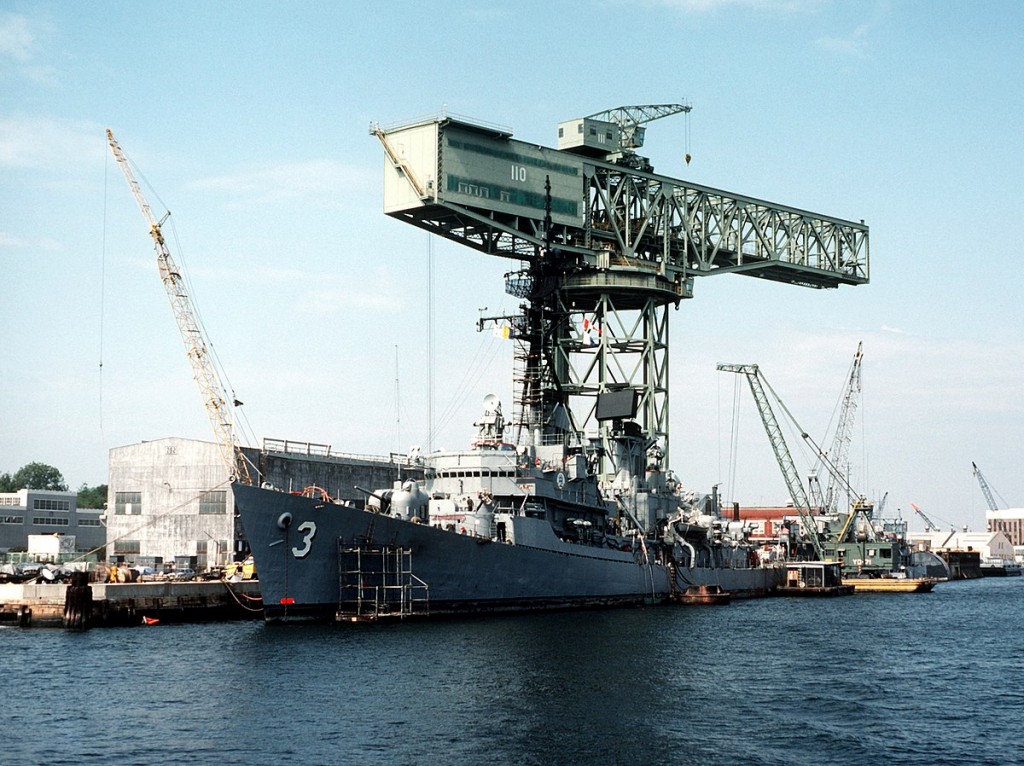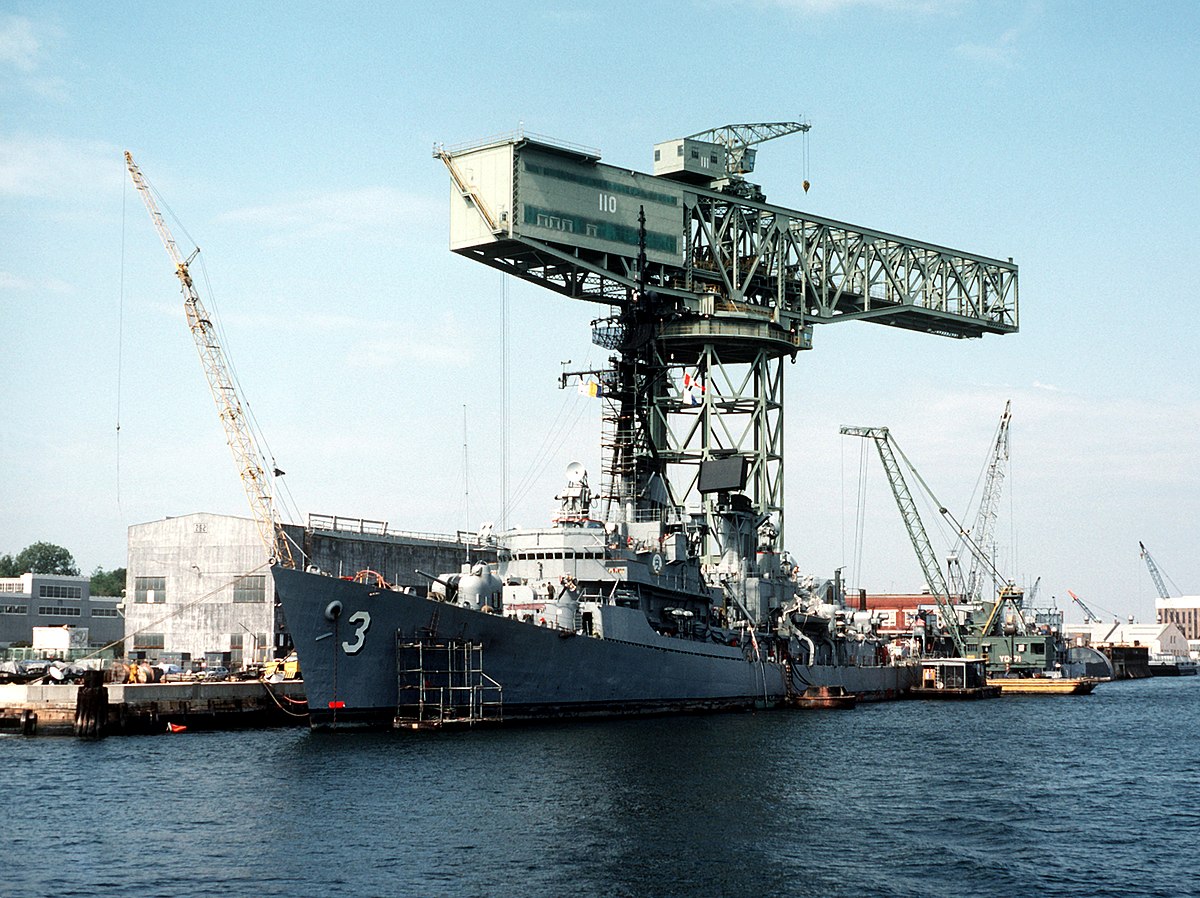(KINGSTON, R.I.) — The University of Rhode Island Department of Marine Affairs, in partnership with the Eisenhower School for National Security and Resource Strategy, is conducting an online survey of over 120 U.S. shipyards that build, repair, maintain, modernize and supply the nation’s domestic fleet. The purpose of the survey, which runs through March, focuses on the existing and developing relationship between the U.S. shipbuilding industry and coastal hazards adaptation and resiliency challenges.
The impact of coastal hazards to the shipbuilding industry presents potential risks to our nation’s shipbuilding strength by long-term disrupted operations affecting military and commercial ship orders, and ship maintenance and repairs. This research will further gauge the U.S. domestic shipbuilding industry’s considerations of coastal hazards resiliency and adaptation and the possible impacts on shipbuilding and repair contracts and deliverables.

U.S. shipbuilding and repair yards are largely located in areas highly susceptible to coastal hazards impacts. Coastal hazards impacts, like a projected sea level rise of o.6 meters to 2 meters, increased tidal and storm surge flooding, and the potential doubling of Category 4 and 5 hurricanes by 2100, will increasingly be drivers in efforts to minimize the significant impacts to our nation’s shipbuilding operations. Shipyards located on and near U.S. coasts and tidal rivers will be affected by extremely high tides and flooding, creating multiple challenges to the industry such as crane, dry-dock and slipway operations; impacts on fabrication structures; machinery and supply warehouses; as well as critical support elements including roads, railways and parking.
The input information and results of this survey will be anonymous. No shipyard parent company, shipyard or individual person will be mentioned in any resulting published journal or other publication article, paper,or report. This survey will address coastal hazards issues such as:
• The types and levels of coastal hazards weather events which would pose challenges to shipbuilding operations.
• The extent of preparations for operational resiliency due to future coastal hazards weather predictions.
• The specific measures, practices, and polices shipyards have taken to prepare for future coastal hazards-related weather events.
• Coastal hazards adaptation and resiliency considerations as a strategic agenda item.
• The potential impact to military, government and commercial ship build, repair, and maintenance deliverables and schedules.
The results will establish a baseline regarding the industry’s coastal hazards concerns, planned actions, and policies. The results will be both important and useful in identifying the industry’s current level of preparedness for coastal hazards event response and recovery operations, as well as additional and critical measures, policies and procedures needed to ensure a resilient shipbuilding and repair environment well into the future.
For more information regarding this survey or to receive a survey by email, contact either Dr. Austin Becker at abecker@uri.edu or Capt. Dave Hill, U.S. Coast Guard retired, at Capt_hill@uri.edu.
– University of Rhode Island Department of Marine Affairs

